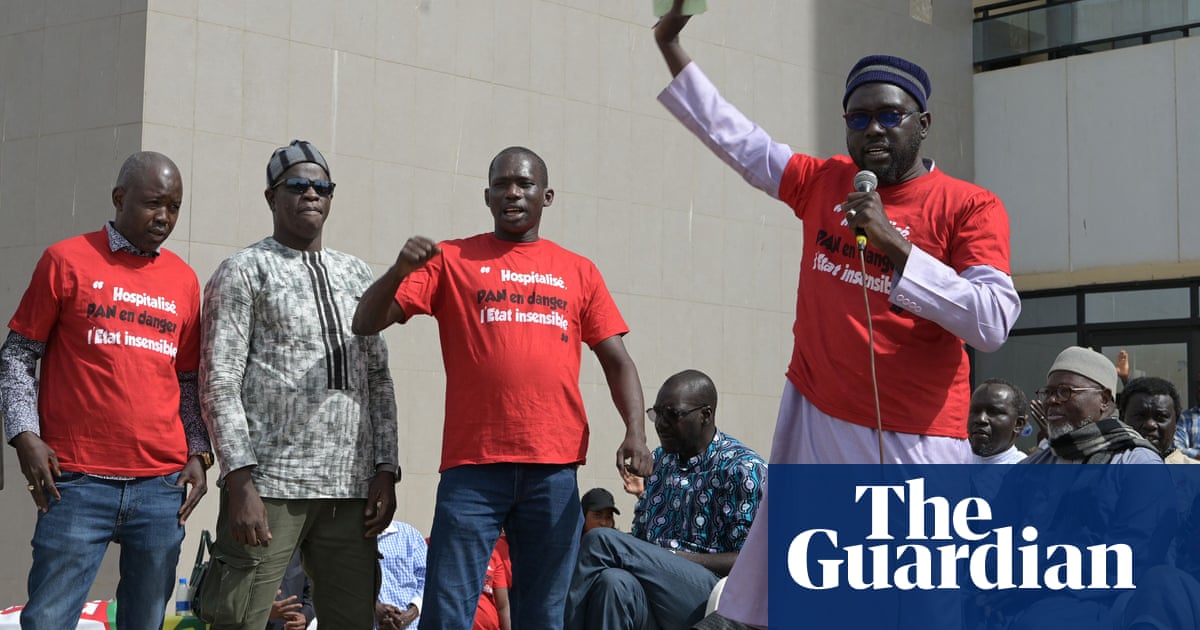
The family of US journalist Danny Fenster have appealed for his release as they marked the 100th day of his imprisonment by Myanmar’s military regime.
Fenster is believed to have contracted Covid-19 during his detention, family members said during a conference call with American journalists on Tuesday.
He appeared to be suffering from “brain fog” and a loss of taste and smell during his last call with family members on 1 August, but had not been tested, his mother, Rose Fenster, said.
His mother said there had been only limited communication with him in Myanmar, even as efforts are made by the US embassy and others to secure his freedom.
“It’s been a tough 100 days – it’s hard to believe it’s 100 days – but we are grateful for our community’s support,” she said,
The managing editor of the Frontier Myanmar news outlet, Fenster has been under investigation under a law criminalising dissent that carries a maximum three-year jail sentence.
The journalist’s father, Buddy Fenster, said he was optimistic about the prospects for his son’s release. “They haven’t charged him, and I think that’s something,” he said.
Danny’s brother Bryan Fenster added that the journalist was not an activist or even a working reporter but “someone who was sitting behind a desk”.
Based on recent calls, Bryan Fenster said, “his voice sounds strong ... he still has a sense of humour, which is amazing, but you can feel and hear the anxiety and frustration in his voice at the same time”.
The family’s appeal comes days ahead of Fenster’s upcoming 6 September hearing, with no clear information about the next steps.
Fenster, 37, was detained on 24 May at the international airport in Yangon, Myanmar’s main city, as he tried to board a plane out of the country.
He had been working for Frontier for around a year and had been heading home to see his family.
The State Department said last month that US embassy requests to see Fenster had been denied. “No reason was given for the filing of the charge against him,” the statement said.
Myanmar has been in turmoil since the military toppled the government of Aung San Suu Kyi to seize power in a 1 February coup, with near-daily protests and a huge civil disobedience movement.
More than 1,000 civilians have been killed across the country in an ongoing military crackdown, according to the Assistance Association for Political Prisoners, a local monitoring group.
The press has been squeezed as the junta tries to tighten control over the flow of information, throttling internet access and revoking the licences of local media outlets.
The junta revised its penal code soon after the coup to include spreading “fake news” as a crime.












